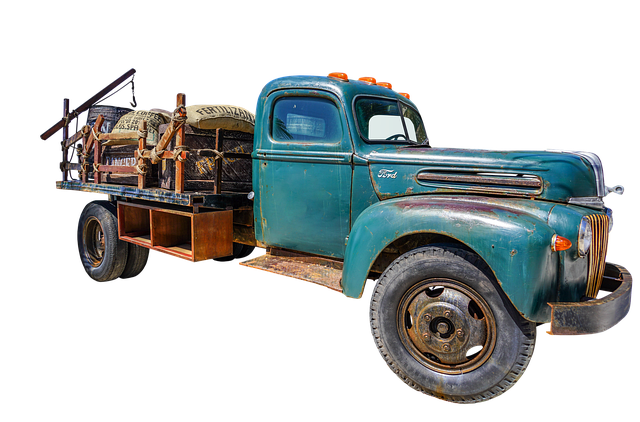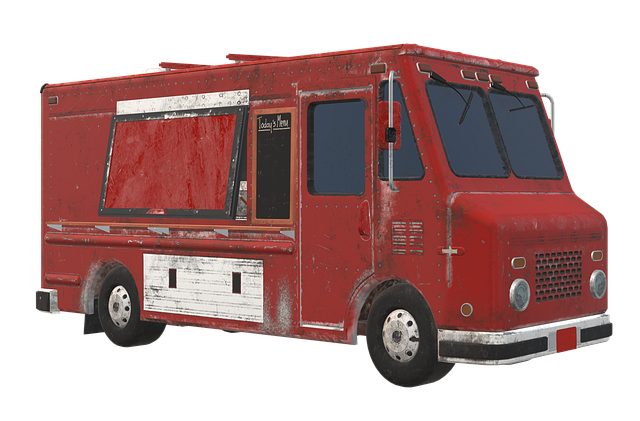Independent truck drivers need to secure specialized non-trucking liability for drivers, commonly known as bobtail insurance, to cover the risks associated with deadheading or bobtailing—times when they are not carrying a load. This off-duty truck insurance is crucial for filling the gaps left by standard primary liability policies during non-business use of their trucks. Affordable non-trucking policies are available, offering tailored liability coverage that meets the unique needs of independent drivers, ensuring they remain financially protected from legal liabilities even when not actively hauling goods. It's important for drivers to consider these cost-effective liability options to ensure comprehensive protection throughout their operational activities, safeguarding their assets and livelihood against potential financial loss or legal claims due to accidents during off-duty hours. Essentially, non-business use insurance is a key component of an effective insurance strategy for truckers, providing robust coverage that aligns with both their work demands and budgetary constraints.
navigator_article_introduction
Independent truck drivers face a unique set of challenges when it comes to securing comprehensive protection on the road. This article delves into the intricacies of non-trucking liability for drivers, highlighting the necessity of bobtail insurance coverage and off-duty truck insurance to bridge the gaps left by primary liability policies. We explore how these specialized coverages can be both tailored to individual needs and cost-effective, ensuring robust protection during non-business use. For independent drivers seeking affordable non-trucking policies that offer tailored liability coverage, understanding the nuances of non-business use insurance is essential. Join us as we navigate the critical aspects of extending your protection beyond the workday, ensuring you’re covered no matter when or where you drive.
Navigating Coverage Voids: The Importance of Bobtail Insurance for Independent Truck Drivers

Independent truck drivers often encounter a significant gap in their primary liability coverage when they are driving without a trailer or en route to pick up a load, a period commonly known as deadheading or bobtailing. This interim period can leave them vulnerable to financial repercussions if an accident occurs. To address this vulnerability, bobtail insurance coverage serves as a critical safeguard. It is designed specifically for these off-duty periods, ensuring that independent drivers are not left unprotected. Affordable non-trucking liability policies tailored to the driver’s individual needs can bridge the gap in coverage, providing cost-effective liability options that align with their operational activities. Understanding the nuances of non-business use insurance is essential for truckers to ensure they maintain continuous liability coverage throughout all aspects of their work, thereby safeguarding their assets and livelihood against potential claims or lawsuits.
Off-Duty Truck Insurance Explained: Protecting Your Rig Beyond Work Hours

When a truck driver’s primary liability policy provides coverage for activities directly related to their work hours, there are still exposures that remain unaddressed. This is particularly true when drivers use their rigs during off-duty hours or for non-business purposes. To bridge this gap, off-duty truck insurance serves as a critical safeguard. This specialized coverage extends protection to the driver and their vehicle even when it’s not being used for commercial purposes. Understanding the nuances of bobtail insurance coverage is essential for independent drivers who need affordable non-trucking policies that are tailored to their unique needs. These policies ensure that drivers are not left financially vulnerable in the event of an incident occurring during personal use or while transit between loads, a period commonly known as deadheading or bobtailing.
Non-trucking liability for drivers is a key component of off-duty truck insurance, offering robust liability coverage for those unexpected events that can occur outside the scope of work. This type of insurance is designed to be cost-effective while providing comprehensive protection against claims and lawsuits arising from accidents or damages incurred during non-business use. It’s a testament to the importance of having tailored liability coverage that is adaptable to the dynamic lifestyle of an independent driver. Non-business use insurance, specifically, is crafted to address the vulnerabilities that drivers face when their commercial vehicle is operated for reasons other than business, providing peace of mind and financial security that aligns with the demands of modern transportation logistics.
Finding Cost-Effective Non-Trucking Liability Policies to Suit Your Budget

When independent truck drivers seek comprehensive protection for their operations, non-trucking liability for drivers, also known as bobtail insurance coverage, becomes a critical component of their safety net. This essential form of insurance kicks in when a truck is being operated without the trailer attached—a common scenario that standard primary liability policies may not cover. To address this gap, drivers must consider off-duty truck insurance, which offers tailored liability coverage specifically designed for situations when the truck is being used for non-business purposes. Navigating through the myriad of options available, it’s imperative to find affordable non-trucking policies that provide robust protection without straining your budget. Carriers specializing in independent driver protection offer non-business use insurance that can be customized to fit individual needs and financial constraints, ensuring peace of mind on the road. By comparing different cost-effective liability options available in the market, drivers can select a policy that aligns with their unique operational risks and financial requirements, safeguarding their livelihood effectively.
Tailored Liability Coverage for Independent Drivers: Ensuring Comprehensive Protection with Non-Business Use Insurance

Independent drivers who operate under their own authority need robust insurance solutions that cater to their unique operational circumstances, especially when their trucks are not engaged in business activities. Non-trucking liability insurance, commonly known as bobtail insurance coverage, is specifically designed for these instances. It offers financial protection when a truck is being moved without a cargo trailer attached or en route to a job, ensuring that drivers are covered during these critical periods. This tailored liability coverage is crucial for independent drivers to safeguard their assets and livelihoods against unforeseen incidents occurring during non-business use of their vehicles.
Understanding the nuances of insurance policies, independent drivers can opt for affordable non-trucking policies that are both comprehensive and cost-effective. Off-duty truck insurance is a testament to the evolving needs of the transport industry, providing a safety net for drivers when their trucks are not actively engaged in commercial operations. By selecting a policy that aligns with their specific operational hours and routes, drivers can enjoy peace of mind knowing they are covered, without bearing the burden of excessively high premiums. This tailored approach to liability coverage ensures that independent drivers have access to the right protection at the right price, making it an indispensable component of their business strategy.
In conclusion, independent truck drivers play a critical role in the supply chain ecosystem, and it is imperative to address the coverage voids that primary liability policies often overlook. Non-trucking liability for drivers, such as bobtail insurance coverage and off-duty truck insurance, are indispensable for protection beyond the confines of formal work hours. By exploring cost-effective non-trucking policies and tailored liability coverage options, including non-business use insurance, independent drivers can ensure they have comprehensive protection. These measures not only safeguard their financial well-being but also contribute to the reliability and integrity of the transport sector as a whole. It is advisable for drivers to carefully assess their needs and budgets to secure robust coverage that aligns with their operations on and off the clock, thus enabling them to navigate the road ahead with confidence and peace of mind.
